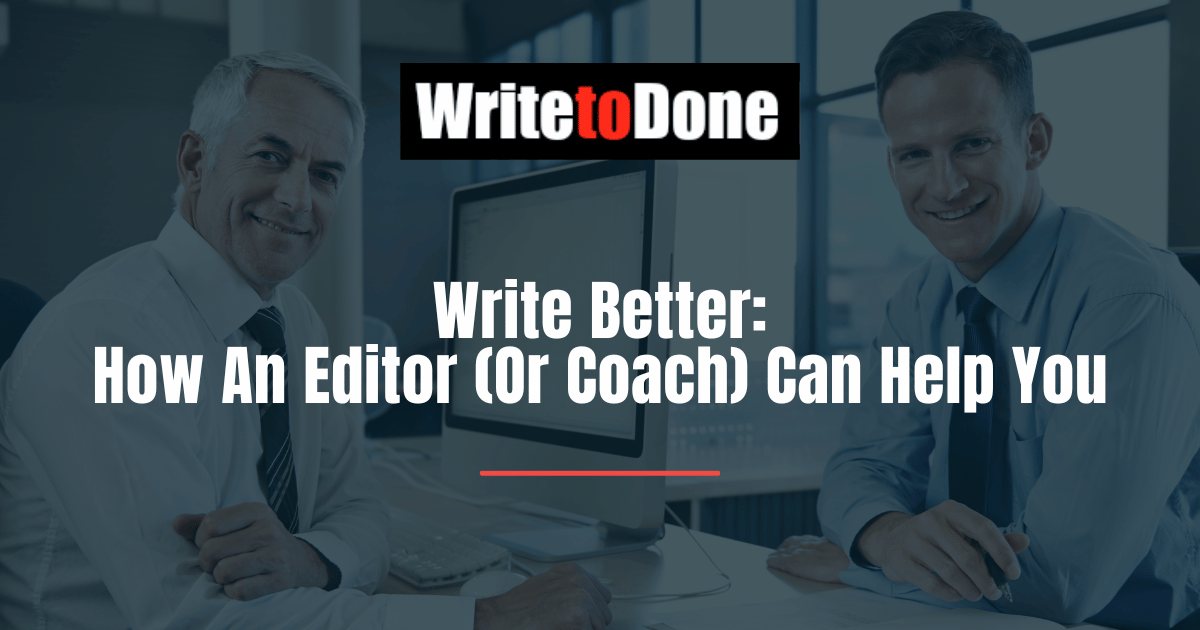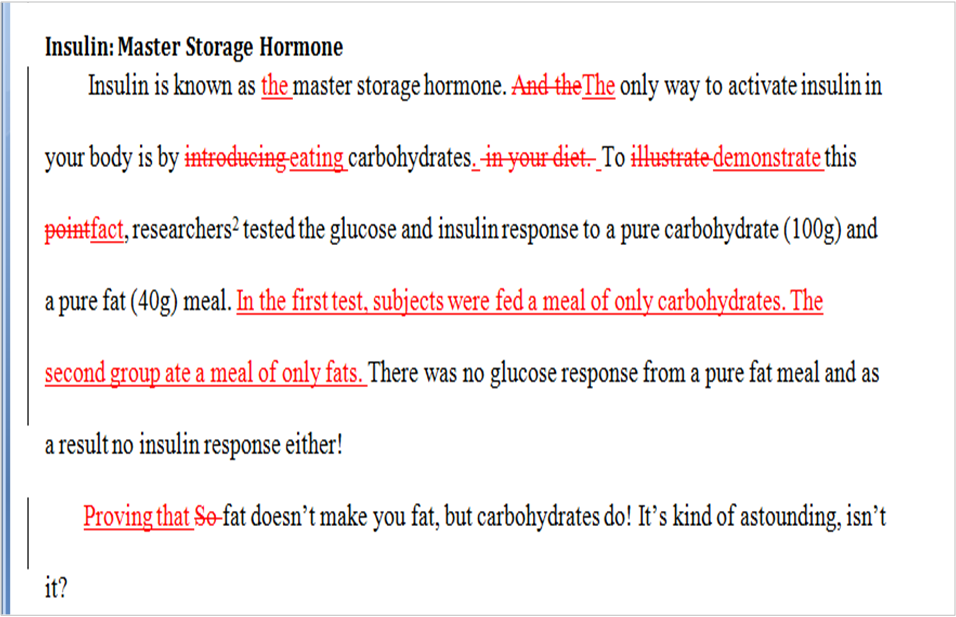The editor’s job is simple. Sort wheat from chaff. Point out chaff. Encourage more wheat.
-Anonymous
How do you feel when you send your writing project to an editor?
It might make your stomach hurt.
You may feel unspeakable dread, even nausea.
These are common reactions.
Seeing the actual edits—red lines slashing without mercy through your words—can jolt you, initially.
Most writers (myself included) overreact at first, as if they’ve been stabbed through the heart.
This is understandable and to be expected. We love and want to protect what we have created.
But the next day (or week) when you read it again (and again and again), it looks different, doesn’t it? You’re likely to say: “Oh, that’s about right.”
Before you know it, you’re back on the trail, revising, with new insights and even—yes—gratitude.
Many writers see editing (and editors) as a dreadful necessity.
And yet, an author-editor relationship can be one of the most satisfying artistic collaborations there is, helping you write better.
Know What You Want
In the course of your writing life, you’re sure to encounter an editor. One may be given to you, or you might choose one to hire.
If you’re hiring an editor, it’s a good idea to keep a few things in mind.
1. Self-edit
Do a thorough job of self-editing before you consider turning your work over to a professional editor. I recommend these simple but powerful guidelines.
2. Research
Do your research. Know your editor’s approach and common practices before you hire them.
3. Know your goal
Know what you want, so you hire the right type of editor.
- Do you want your plot or overall structure evaluated?
You need a content editor, also called a substantive or developmental editor. A content editor will read your manuscript and write an evaluation that runs anywhere from five to 25 pages.
Here’s a snippet of a chapter evaluation for fiction:
You have taken a lot of care to set up the plot and describe the action here. The narration is cohesive and the dialogue well-written. However, chapter 4 is missing the thing that makes the opening chapter sing: we don’t know what the stakes are. If they can’t solve their career conflict, will Eloise leave? And what about Edward? How committed is he? Revealing this—at least an undercurrent—will create a much needed level of tension and push the reader forward to find out.
- Do you want a bare-bones copy-edit that only corrects usage (it’s/its), grammar (verb/subject agreement) and punctuation?
What will you do if your editor comes back and says there are many word omissions, and convoluted sentences she doesn’t understand?
- How aggressive do you want your editor to be? Slash and burn, or do you want every changed to be queried first?
Editors use the term ‘query’ to mean ‘question,’ but usually a very pointed question, as in Do you mean for Jerry to go down the stairs twice on the same page?
Most editors embed queries in the tracking function of Word. Others submit a separate list. Do you have a preference? You may encounter copy editors who will only do things a certain way, especially if they have a history working with traditional publishing houses.
Along with tracked changes, your copy editor should include a Style Sheet. This is a list of editorial decisions that standardizes your manuscript, ensuring internal consistency. It marks you as a pro, and your reader will appreciate it.
- Will you use the serial comma?
- How will you treat time? Is it going to be am, a.m., AM, or A.M.?
- Are sentence fragments permissible? (They usually are, in fiction and creative non-fiction.)
- Is it going to be proof-read, proofread or proof read? (All three are correct.)
Editor or Coach?
A coach deals in areas of motivation and content guidance, and usually combines them with evaluation and sometimes editing. A good book coach helps an author face self-doubt, get through slumps, and gently kicks butt when called for.
I am both editor and coach for my clients. A recent project with author Cynthia Copple, an Ayurvedic master whose book Know Your Blueprint will soon be released, was a close and satisfying collaboration.
She wrote her self-help book over the course of several months, starting with a rough outline which gradually turned into a detailed Table of Contents and a book proposal.
Two publishers showed interest, but because she needed the book for an upcoming conference, she decided to self-publish. (Traditionally-published books often take up to two years between the date of author contract and book release.)
How We Worked Together
At our weekly conference hour, she would tell me her idea for the upcoming chapter. I created an outline and then she wrote the chapter and sent it to me. I made edits, inserted queries and comments which we discussed at our next conference.
Cynthia thrived; her work was marvelous. Talking though her ideas before and afterward energized her, though she often started by saying something like, “I have no idea how to put this chapter together.”
Yet by the end of the hour, she was eager to get at it. Sometimes she would write a whole chapter in a day. I made some minor and some major revisions, mostly in the area of structure and organization.
Why Work With An Editor in the Beginning
Even if you don’t go in for extensive collaboration, it’s valuable to get a professional evaluation and/or edit at the beginning of your project.
Doing so will help you:
- Clarify your vision and your purpose.
- Become aware of, and focus on, your strengths.
- Get support developing your signature style.
- Prevent your idiosyncrasies of punctuation, grammar, or sentence structure from becoming bad habits.
The result? You will write better, and you will write a better book.
Remember, your goal is to publish a book that will transform, teach, or entertain your audience. Learning your strengths and weaknesses now will save you considerable time and frustration later. In fact, it will put you way ahead of the curve.
I can’t tell you how many times authors submit a book proposal or manuscript only to receive this typical feedback from an agent or publisher:
“Strong premise and subject but the material, as written, is not accessible to the reader.”
This means the writer (possibly you) has to start over, or at the very least, make major revisions, which is often worse than starting over.
You say you’re going to self-publish? The same standards of readability apply if you want readers and reviewers to hit the “Buy” button.
Don’t wait until you’ve finished your manuscript to get the guidance and feedback of an editor or book coach.
Can’t make the investment right now? Join a writing group or take a class where you can get good quality feedback.
Imagine for a moment the editor of your dreams—someone who respects your work, appreciates your vulnerability, and sincerely wants to help make your book the best it can be.
What would you ask for feedback on? The originality or freshness of your premise? Your organizational structure? Your writing style? Share in the comments!
If you enjoyed this post, please share it on social media.

















